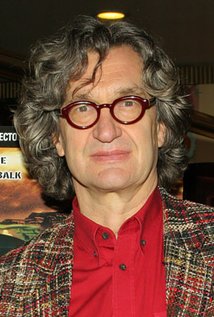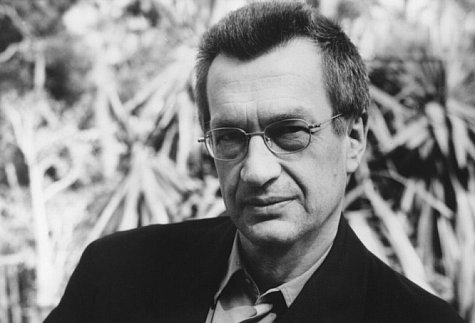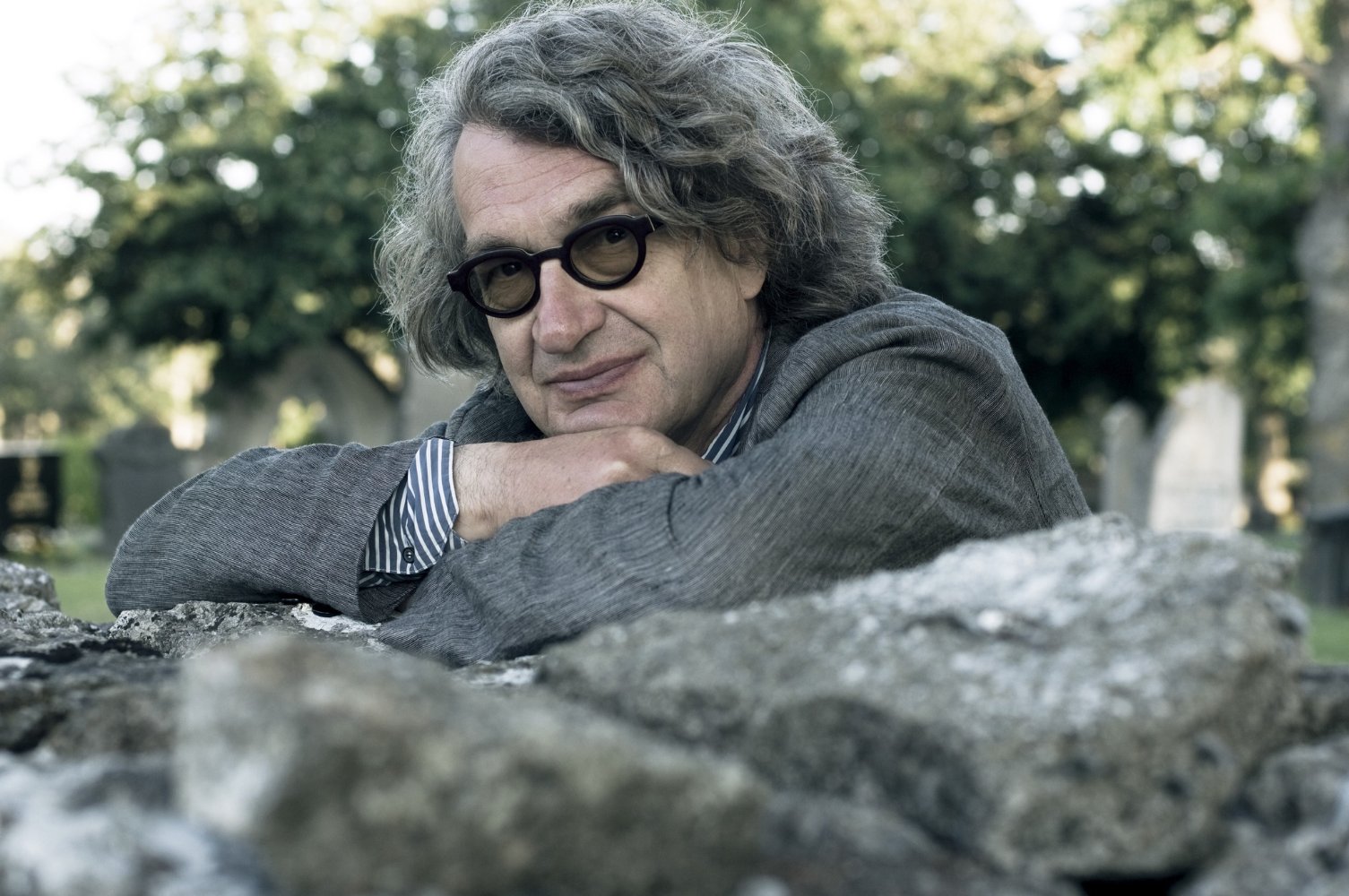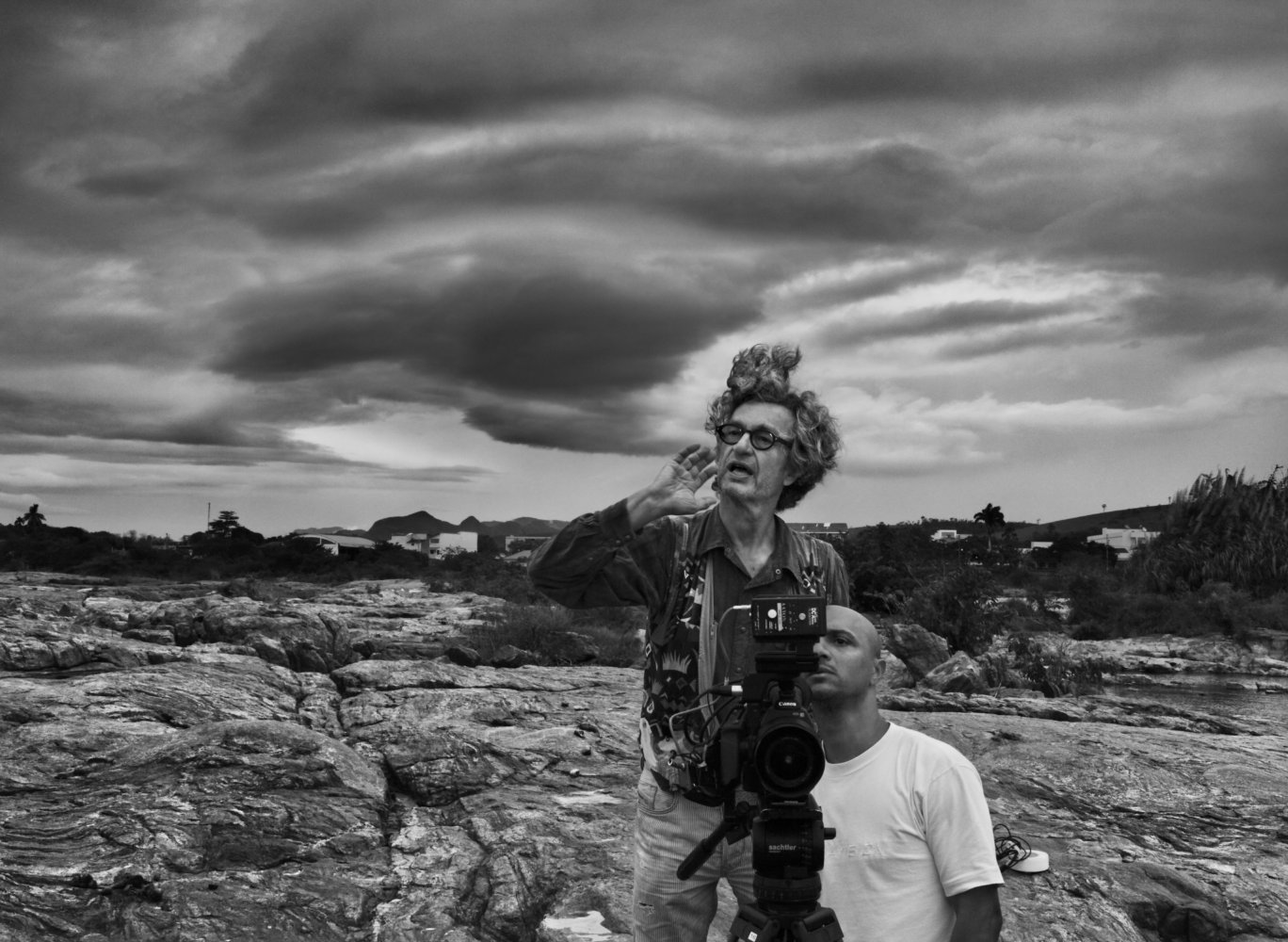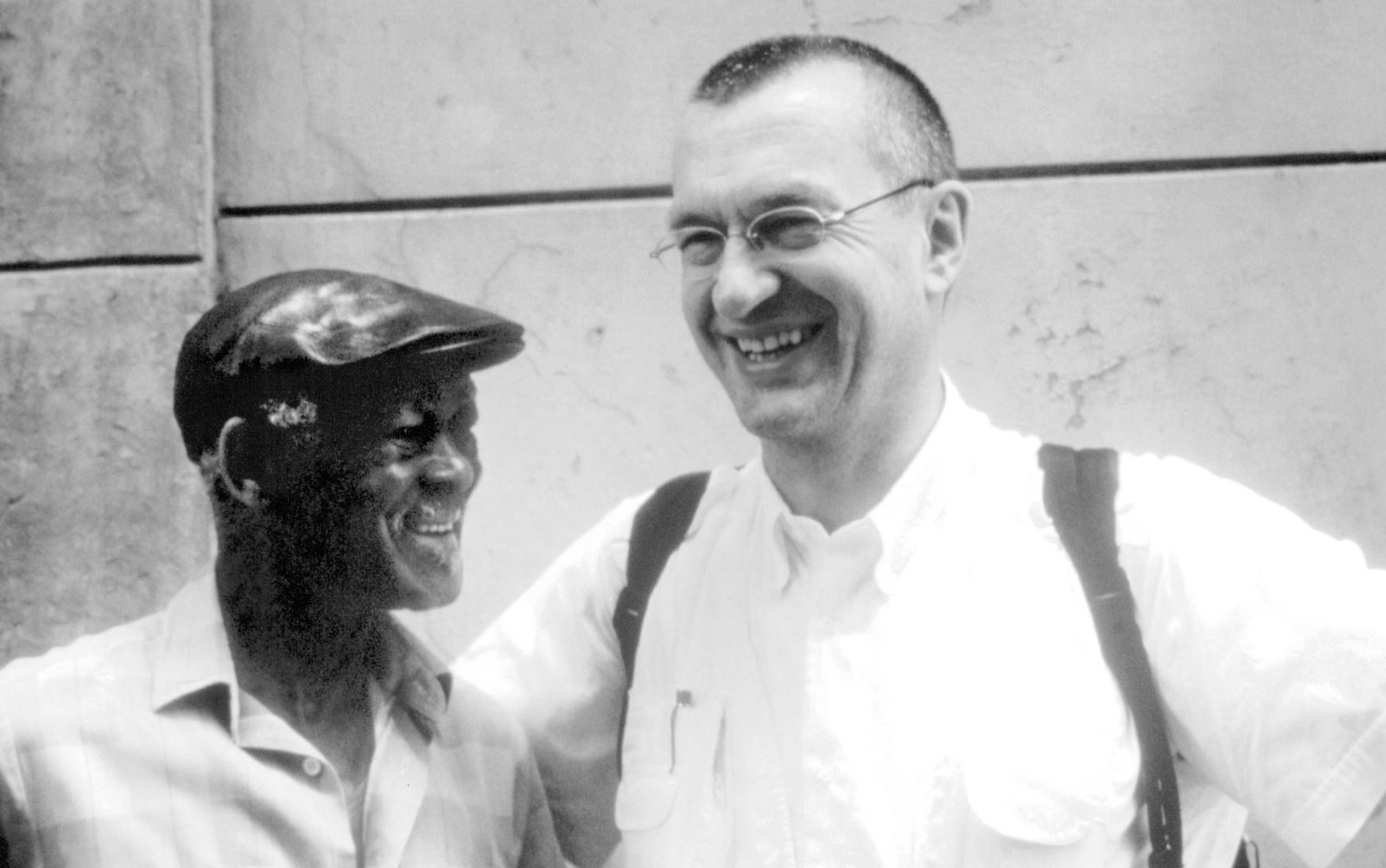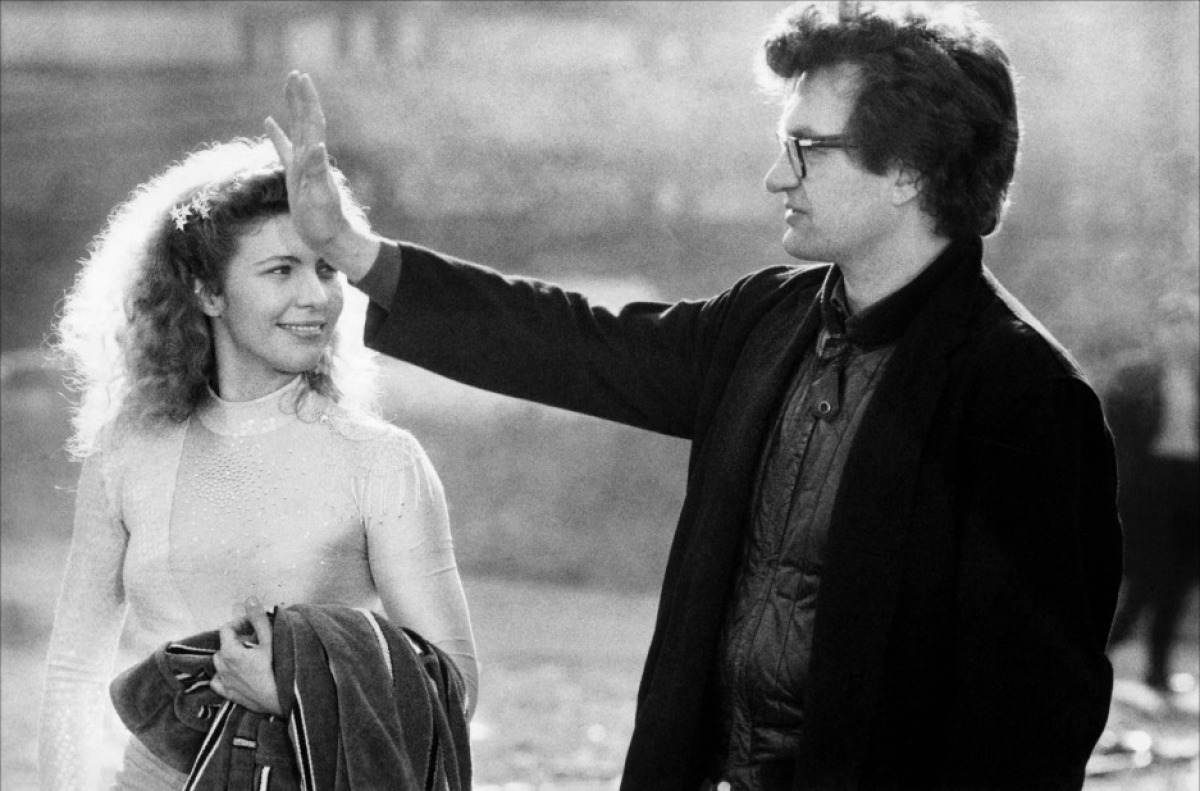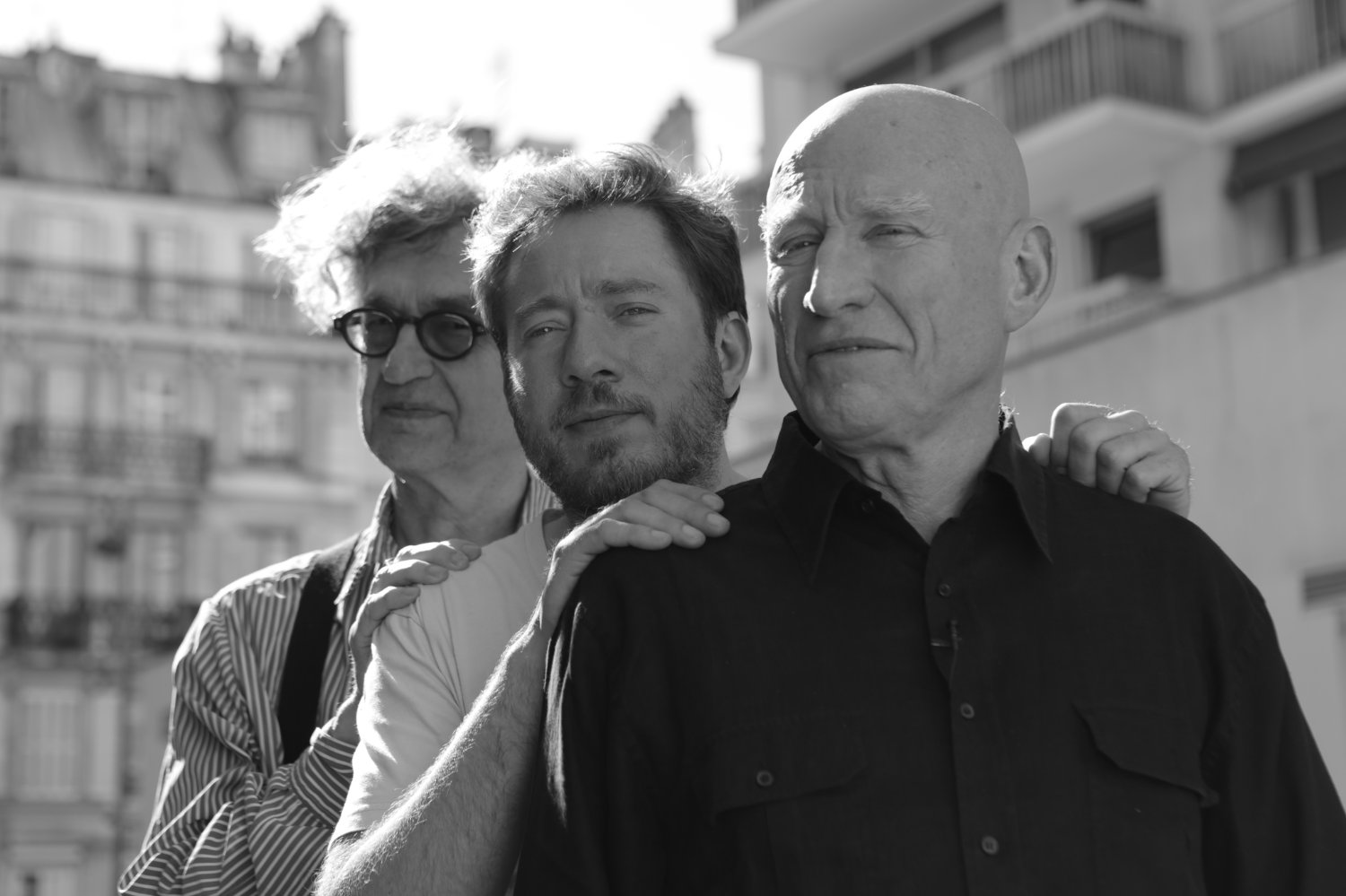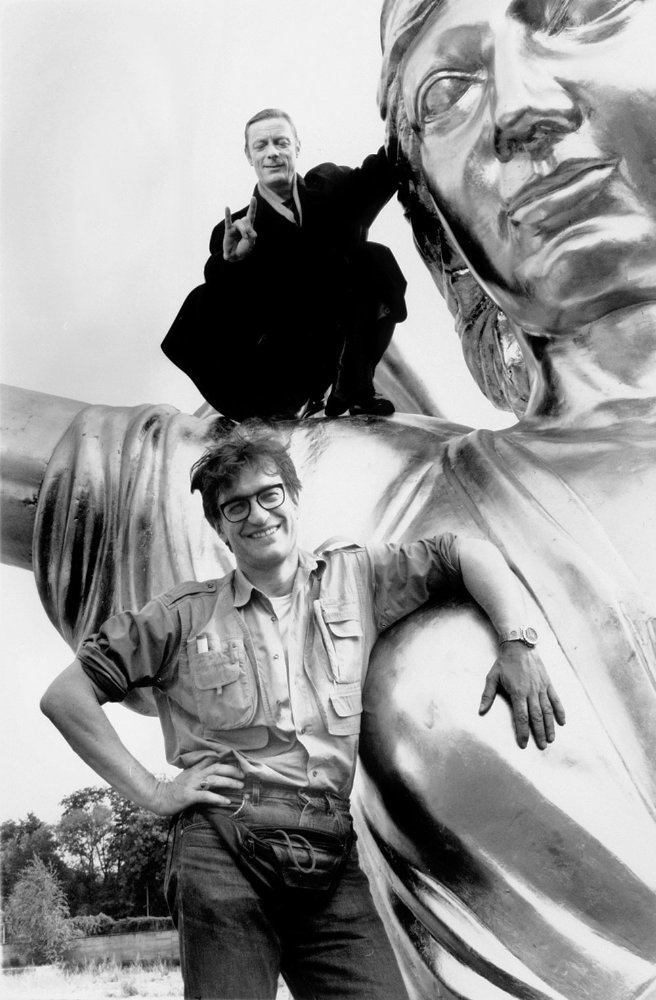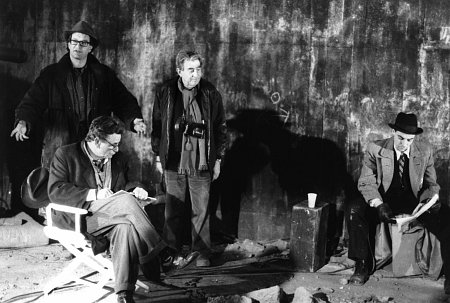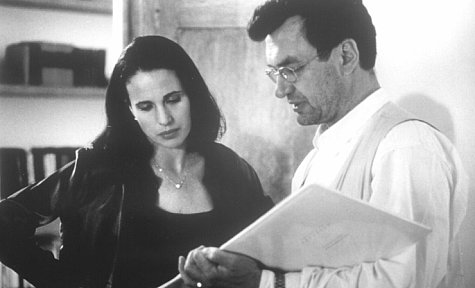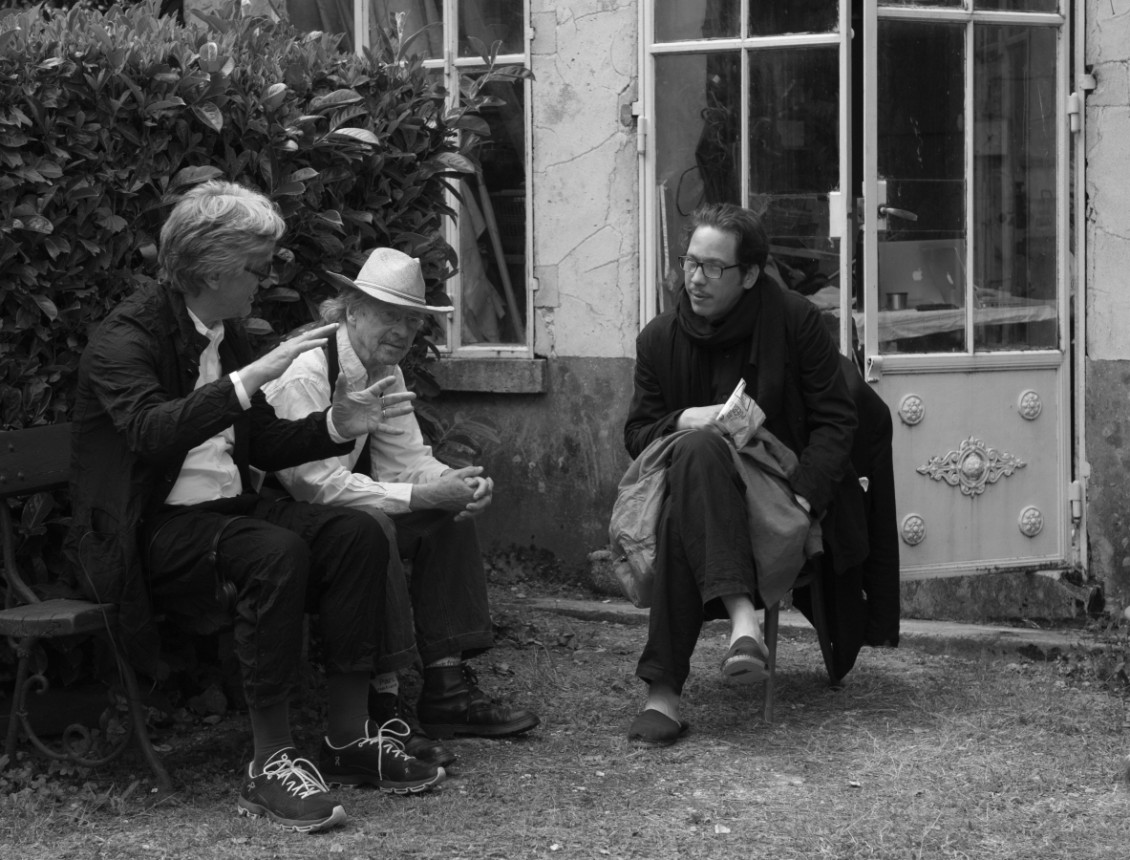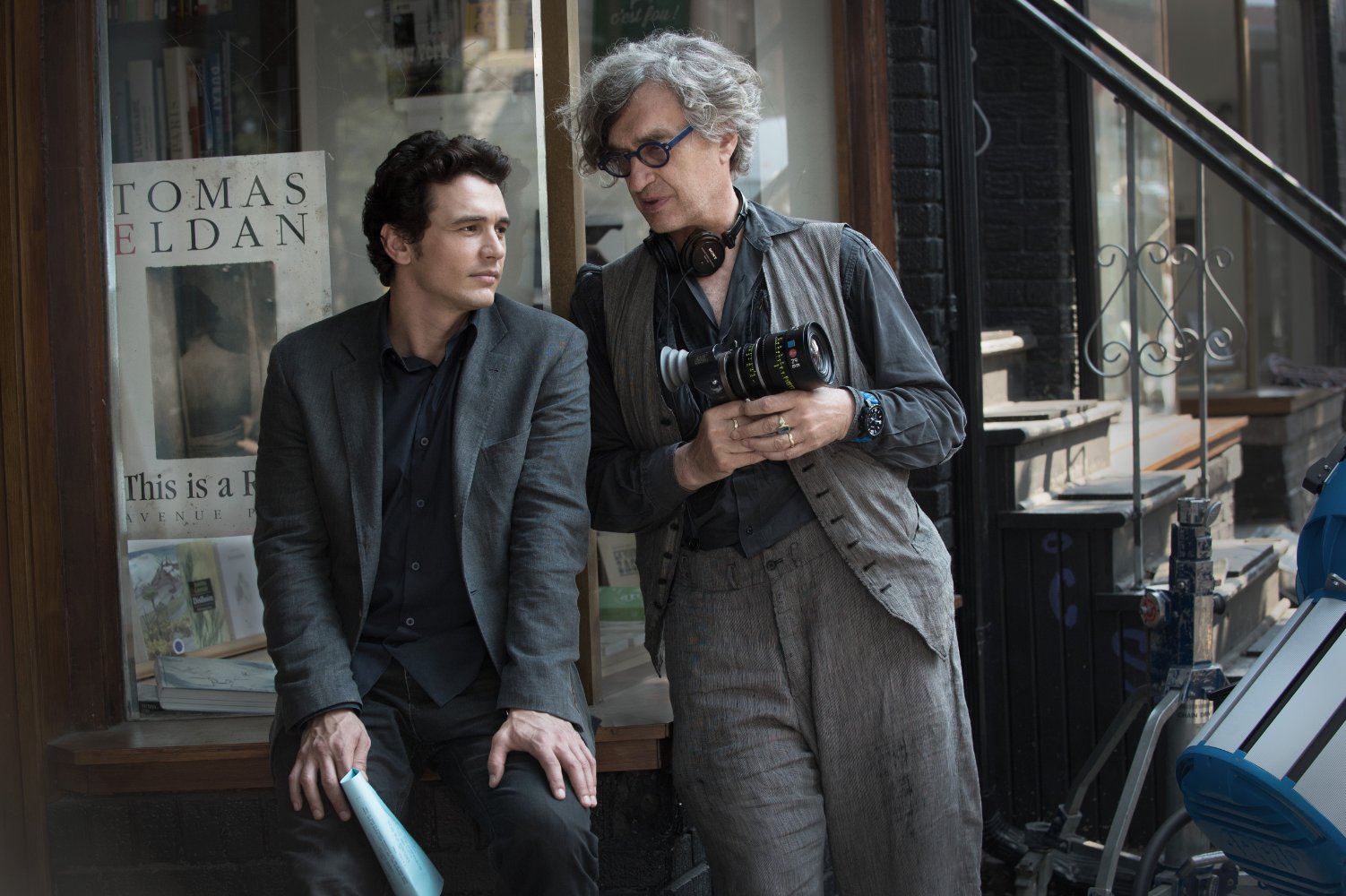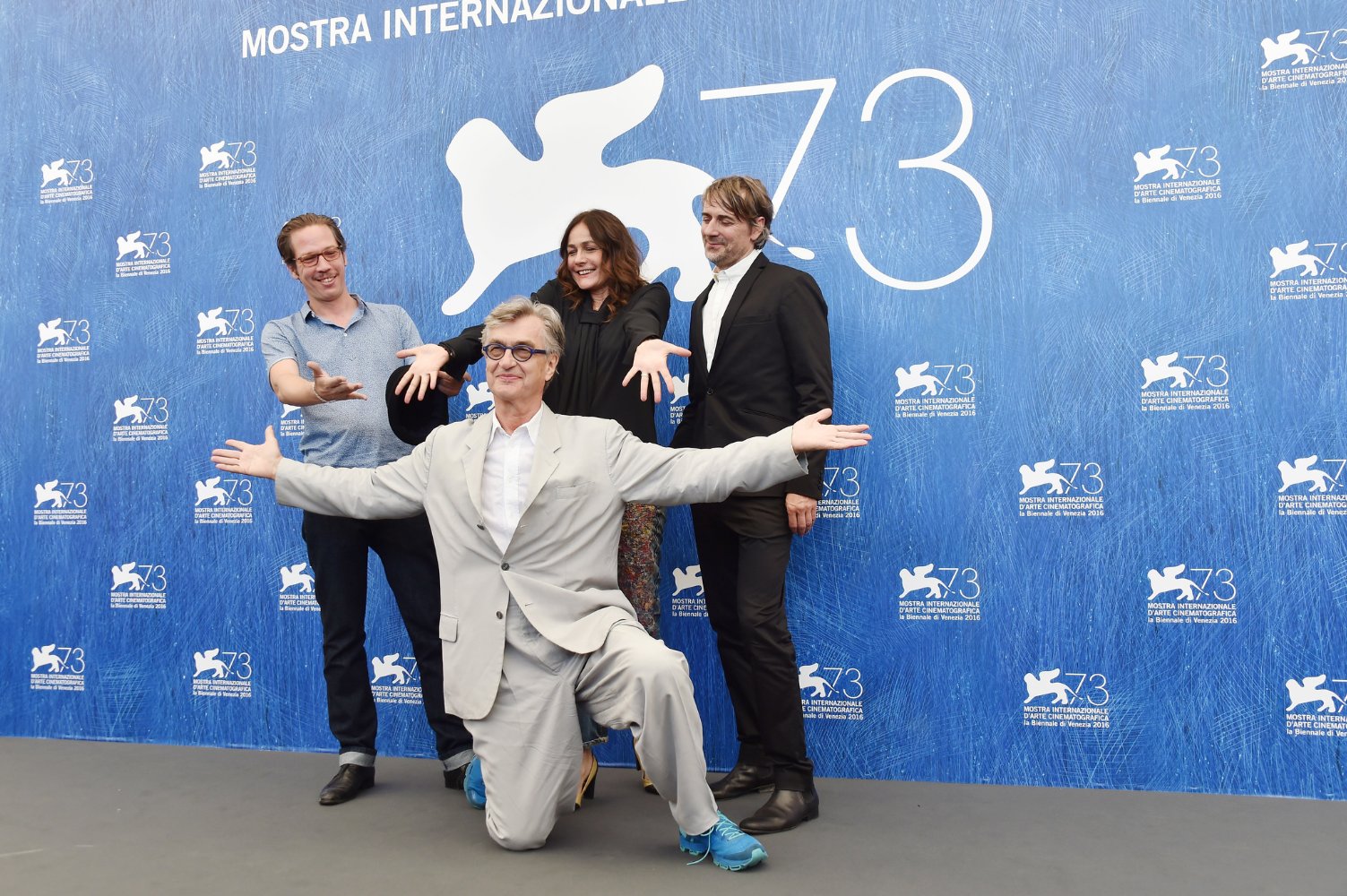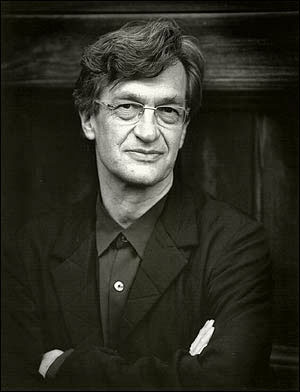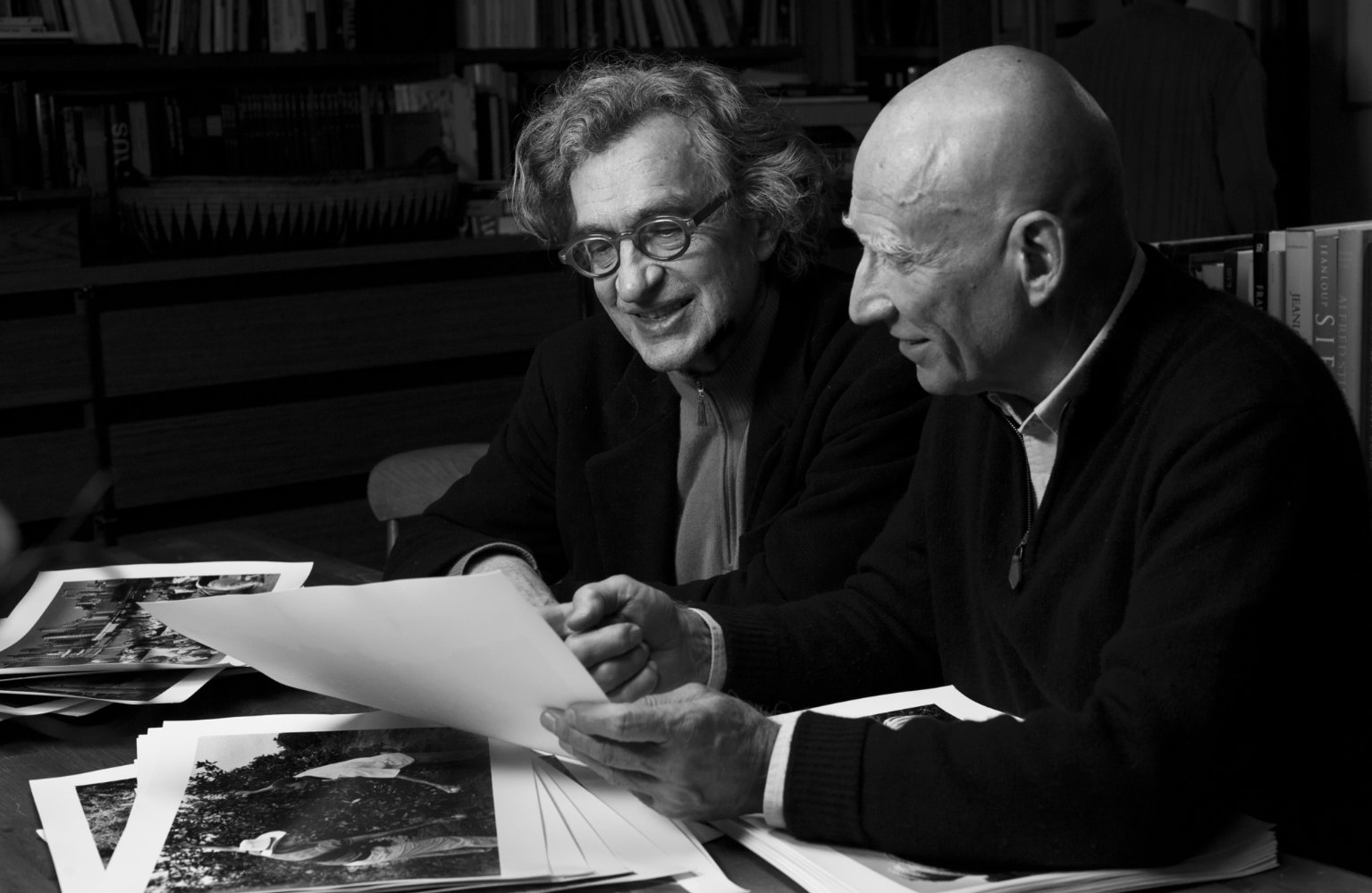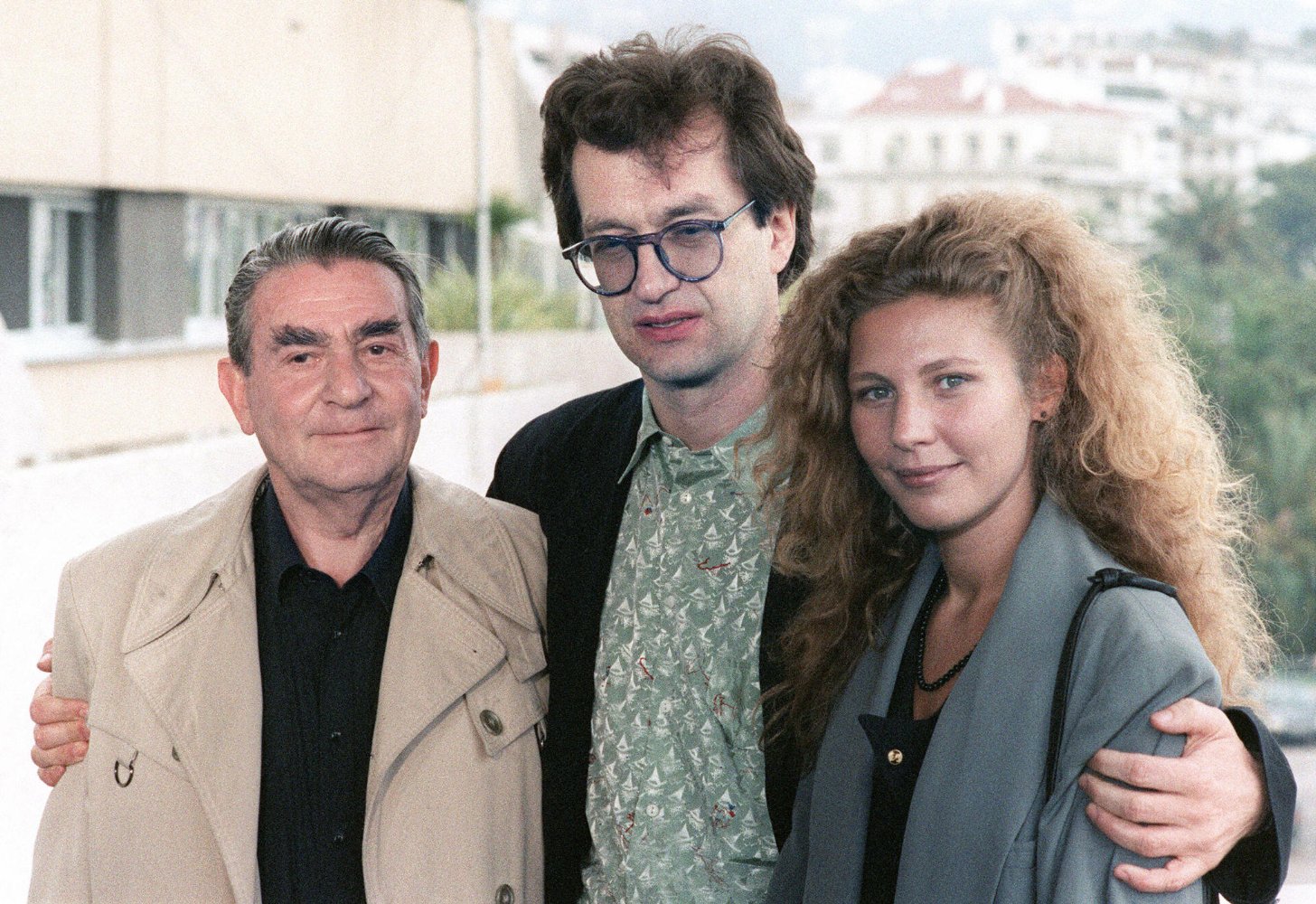[on the changes in the film industry since the 70s] It's a different ballgame. In the 70s, there was only one kind of film production. You had a choice to make a film on 35, on 16, black and white, or color, and that was it. And today you can make movies in many ways. You can make movies much more expensively than we ever dreamt of at the time, and you can make them much more cheaply. Financing and preparing a film is a different ballgame. You can't get a movie made unless you have a really good script. (...) Especially if you're a big name director. You have more leeway if you're a first time director, today. If you have a big name, they really want to look at your script. The idea of making a film without a big script, or without a finished script - and I made a number of films without a single page of a script - is unthinkable today. If I were to go out now and try to make Im Lauf der Zeit (1976) they would kick me out of any office of whatever institution or distributor it is that I would try to get money from. Nobody would be willing to invest money in a film with a director who tells you "we'll write it as we go." (...) Yeah, it's much more of an industry now than it was. At that time, there was more of a notion that filmmaking was part of the arts, a language, a form of expression. And if you said today, Well, I want to make a film where two guys are traveling through Germany and they discover the country, and it's about the state of the cinemas, and all these little towns where there's only one cinema left, and it's dying...they would tell you, well, write a script and come again. But at the time, we could still finance the film and I could shoot it over a long period, 11 weeks. Today films have to be made so much quicker, and you have to prepare them for so much longer. Also in post-production, it takes so much longer. At the time, with linear editing, I'd never spend more than a few months in the editing room. But today with digital cinema, you sit there for a year. And then you work on your sound for another year, or six months. So it's all a slower process. Financing a film takes much longer. And very often they tell you, Well, it sounds promising, but we think you need to fiddle around with the script a little more - come back again. (...) I've made more documentaries over the last decade than ever before, mainly because there was so much more freedom in that field, and people could accept that maybe you'd just write a short treatment and not a script. Even in the field of documentaries, I tell you, my students who go out and make their first feature films, they expect to do a documentary based on a script - believe it or not. So it gets a little out of hand. People want more security. They want to know before they make a film what it's going to be like. I was very privileged to start in the 70s, and really make a film a year for 10 years. The only living person who's still doing that is Woody Allen. He has a machinery going; writing in the winter, prepping in the spring, shooting in the summer, editing in the fall. He has it down. But he's the only living person who's still doing that. (...) I was only able to do that in the 70s. In the 80s, it already got more complicated. Every Thing Will Be Fine (2015) took 5 years and The Salt of the Earth (2014) took three years. From the beginning, to the conception, until it's out. So it takes longer, it's more complicated, people need more security, and it's much more of an industrial process. (...) When I started out, it was all based much more on friendship and solidarity. German cinema was strictly possible through an act of historically unmatched solidarity of 15 or 20 filmmakers who helped each other, because none of us would've been able to produce, let alone distribute a movie alone. Even if we didn't like each other's movies, we helped each other. Today, that's pretty unthinkable. It's much more competitive. Films are so much more under the duress of stress. From the beginning, you have a little window, and if the film doesn't click with your audience, it's gone away. A film like Der Himmel über Berlin (1987) if it came out today, would not have a chance. It would disappear. Even at the time, it needed time. It eventually became a classic, if I may say so, but it needed time. Films go through this narrow hole of distribution today and become cult movies or classics...for every one of them that makes it today, I know 10 others that don't. There's so many good movies that do not make it. So I feel privileged I was able to start in the 70s. There was more patience, and a young filmmaker like myself could make a few rotten tomatoes without my career going down the drain. Today it's very difficult to make a second movie if your first one didn't make it. (...) Movies are made with a whole different means today, and when I started out I don't think the word "video" was in the dictionary. Let alone the word "digital." Some computer freaks probably knew the word digital, but we didn't know it was going to change our lives so drastically. [2015]
Show less « 
